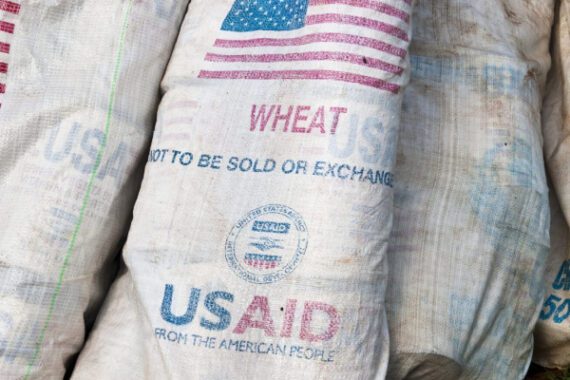Washington, D.C. – Bread for the World today released the following statement regarding the 2018 House Farm Bill. The statement can be attributed to Rev. David Beckmann, president of Bread for the World:
“The Farm Bill is an opportunity to help end hunger in the United States and around the world. We are pleased that the House bill maintains and improves international food aid programs. But we must oppose this bill as written because it proposes changes to SNAP that will put millions of women, children, and families at risk of hunger.
“Specifically, the bill imposes benefit and eligibility cuts in addition to stricter work requirements, in the name of getting SNAP recipients ‘back to work.’
“Work is the surest, most sustainable, and dignified way out of poverty. It is a cornerstone of our society that all adults who can work, should work. However, today’s evidence does not demonstrate that strict work requirements on assistance programs, such as SNAP, effectively reduce poverty. This bill would require many people to attend job readiness programs, but the funding for these programs would not allow for job training that would actually get people into jobs.
“Before adding additional work requirements, Congress should review the evidence from the 10 SNAP Employment and Training pilot projects authorized in the last farm bill and ensure that any nationwide program of job training is robust enough to be effective.
“Bread for the World’s 2018 Hunger Report, ‘The Jobs Challenge: Working to End Hunger by 2030,’ provides Congress with a menu of policies that would improve job opportunities for low-income workers today so they can earn enough to no longer need SNAP. Some of the recommendations in this report already have bipartisan support and could become law in the next Congress.
“We encourage Congress to work toward a bipartisan farm bill that ends hunger and malnutrition in the United States and around the world. We also urge lawmakers to enact the policy recommendations in The Jobs Challenge so that people are able to earn enough to pull themselves and their families out of hunger and poverty.”



